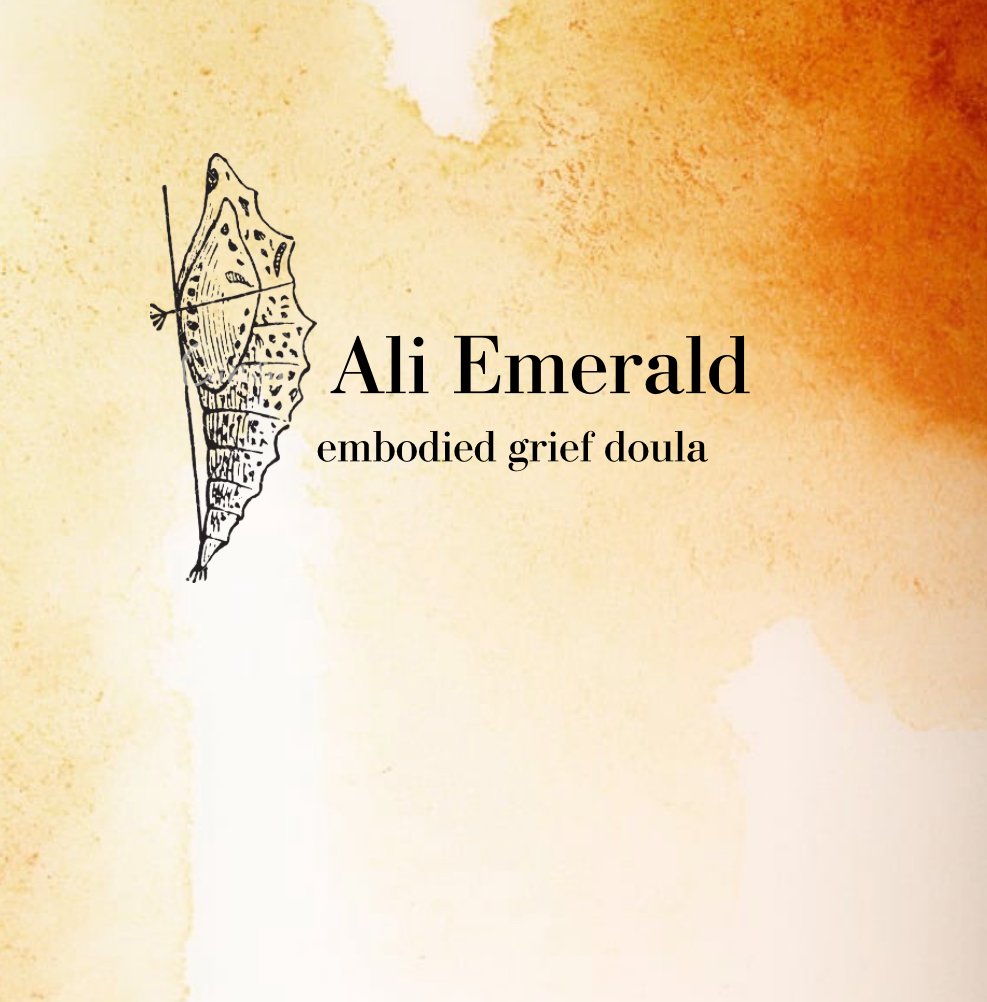the somatics of diagnostics
I wrote a post recently for a company I work for on diagnosis day rituals, or different ways to mark the receiving of a diagnosis. Holding that in contrast with all the work I’ve done, and things I’ve written on this blog and my personal social media and in my therapist’s office, around not receiving a diagnosis.
Because, let’s face it, nothing about the medical system is as black and white as we’d like to believe. I’d even go so far as to say the medical industrial complex as it currently exists in modern day North America was not built for patients to heal or recover. It, like so many other things in our culture, is a system. I say this as someone who both engages in this system as a patient and as a professional working in patient care.
I want to add another layer to this conversation, though, which is a somatic piece. I attended a workshop recently which centred around trauma recovery, stress and the biological response of addiction, but one of the ideas presented stuck with me. It was on how we relate to our struggles, our addictions, our diagnosis’. It’s not I deal with an addiction or I was given the diagnosis of x,y,z but we take on these labels like a backpack. I am an addict, I have chronic health conditions. It’s this idea that we become the labels that are handed to us, that they become part of our identity.
When I think about the receiving of a diagnosis, or the not receiving of one, and the research I’ve done surrounding both sides of this coupled with my own life experiences, I’ve realized A. the system is not built for these chronic conditions, and that receiving official documentation, while it can be beneficial in accessing supports, can also be limiting in terms of being heard and receiving treatment. There are a million hoops to jump through to receive care, to prove the validity of your claims, and many patients I know end up getting shifted around from place to place, not being believed, and if they do receive treatment its like playing whack a mole with symptoms. and B. does receiving a diagnosis help treat root cause? Maybe. But looking at my own life, there have been moments when an official diagnosis would have been just more words attached to my name, more labels hitching themselves to my identity for anyone who looked at my chart to see, and no clinical diagnosis would have helped me get any farther in addressing my symptoms. I didn’t need a fancy diagnosis to know what was happening in my body (this entire argument changes when we’re looking at accessing necessary pharmaceutical interventions, but that’s not what I’m talking about here.)
In waiting for someone to, officially, tell me what was going on with my body, I was subconsciously handing them my power and waiting for that external fix, trusting they knew my body more than I did and that their interventions would be the magic key
We need to trust ourselves to know our own bodies.
I want to end this thought experiment with a story. I shared a post to my instagram that said I’m done trying to heal. Which, as the original poster elaborated in the caption, meant I’m done trying to fix my body, or acting like something is wrong with me all the time, or spending more time analyzing my body than I am living in it.
There’s no way people, including myself, can never access medicine again. I am reliant on (and very grateful for) my doctors and the medicines that are saving my life. But watch the mindset shift: when I approach medicine from the place of I need to be fixed, these people know my body better than me, when I’m caught up in that rat race, my body responds to my thoughts. When I’m maybe still in that same medical environment, still taking the same medications, but I’m doing it from a place of being in my body, using somatic practices to move through that stress that inevitably comes from that, and balancing the chaos with beauty and joy and pleasure, I’ve changed the game.
None of this says you should do this, or don’t do this, or use this language or don’t use this language. Do whatever you feel is best for you. But I want to know why. Are you making decisions from embodied power or fear? Who do you say you are, before anybody or anything else says who you are?
